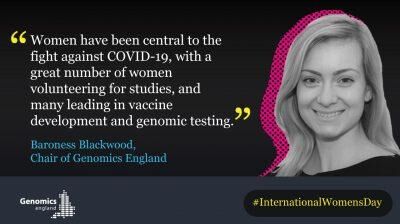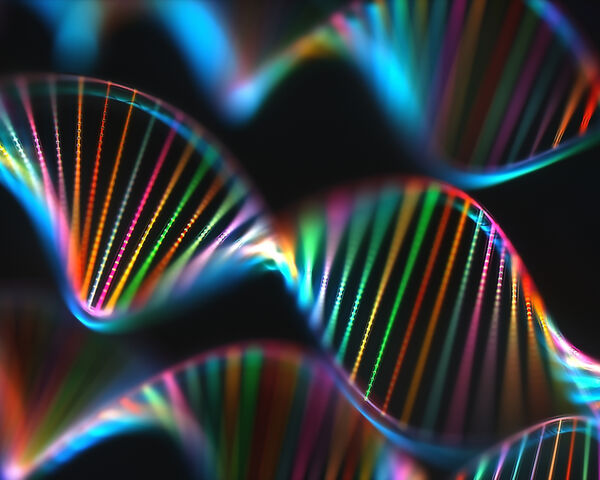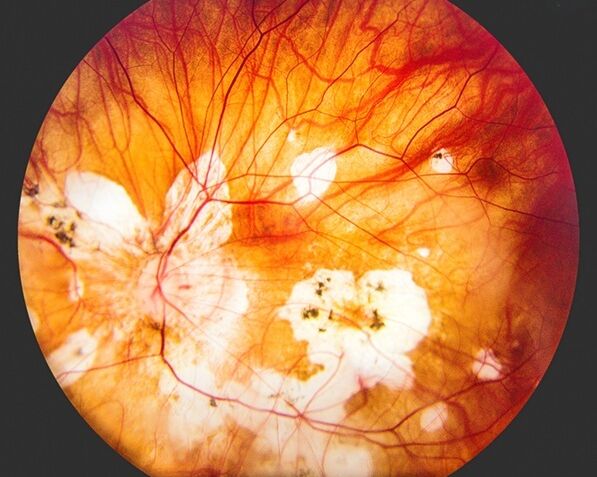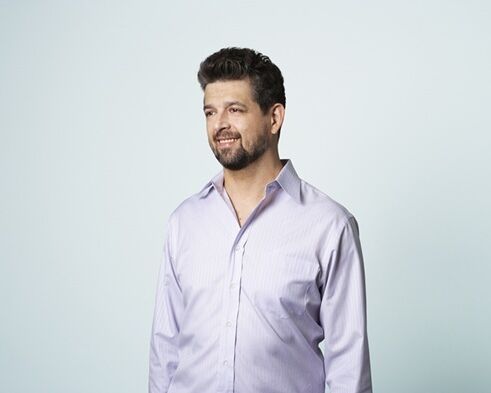International Women’s Day 2021: Baroness Nicola Blackwood celebrates women involved in the fight against COVID-19

Exactly three months ago, 90-year-old grandmother Margaret Keenan became the first person in the world to receive a COVID-19 vaccine. This landmark event, a major turning point in the battle against the virus, came less than a year after the first recorded coronavirus case in the UK. A remarkable feat of endeavour by science and healthcare.
Margaret’s story is the culmination of an unparalleled journey by the global health and scientific community, who have so admirably fought back against a disease about which we knew so little this time last year.
It is also a journey marked out by the central role played by women.
According to the WHO, women make up 70% of the global health workforce. Women have disproportionately volunteered for studies to find out more about COVID-19, including the GenOMICC COVID-19 study led by Genomics England and the University of Edinburgh, to determine the genetic factors that may lead to more severe illness. This has already identified variants in five genes that are associated with more serious cases of the virus and has paved the way for improved drug targeting for COVID patients.
Professors Sarah Gilbert, Teresa Lambe, Catherine Green and Katie Ewer have been at the forefront of developing the Oxford-AstraZeneca vaccine. Many other women, including Kate Bingham, who headed up the Government’s Vaccine Taskforce, as well as Dr Rebecca Cordery, Dr Maggie Wearmouth and Dr Fiona van der Klis, members of the Joint Committee on Vaccination and Immunisation (JCVI), have been enabling the rollout. Dr June Raine, meanwhile, is the highly experienced Chief Executive for the Medicines and Healthcare products Regulatory Agency which approved vaccines for widespread use.
Professor Dame Sue Hill, the UK’s Chief Scientific Officer, has provided invaluable clinical scientific advice across the health system throughout the pandemic, building on unparalleled expertise gleaned over an impressive 50-year career. Fantastic work has also been done by Fiona Hill, the executive chair of the Medical Research Council, Dr Loiuse Wood, who leads the National Institute for Health Research together with Professor Chris Whitty, as well as the Deputy Chief Medical Officer, Jenny Harries.
Professor Sharon Peacock, who heads up COG-UK Consortium, is the world’s leading ‘variant hunter’, whose team first identified the so-called Kent strain of coronavirus last year. Globally, COG-UK’s findings comprise 50% of the global genome database. This has allowed us to spot variants early, share information with other countries and learn quickly about how the disease develops.
This is to say nothing of the other female health and science leaders and the thousands of female healthcare professionals and volunteers who have worked tirelessly on the front line throughout the past year. There are millions more unsung heroes around the world.
There are women from history whom we have to thank for where we are today, too. At Genomics England, we are building on the rapid advances made during the 100,000 Genomes Project to help the NHS become the first healthcare system in the world to offer whole genome sequencing as part of routine care. This will help improve diagnoses for rare diseases and cancer and help build preventative care and personalised treatments. This is the legacy of women from history. Take Ada Lovelace, an early computer scientist who speculated on the possibility of Artificial Intelligence. Or Rosalind Franklin, the chemist and X-ray crystallographer who took the photo that identified DNA’s double helix structure for the first time. These leaps forward are direct forebears to the UK’s global leadership in genomics today.
As genomic studies of COVID and the development of vaccines have demonstrated, it is science and technology that is providing solutions to our greatest challenges. Yet in many cases women have been shut out of scientific decision making and leadership positions around the world.
Despite the progress we have made in the UK, only 25% of healthcare roles held by women globally are in leadership positions. Around the world, there is a huge attainment gap between men and women in Science, Technology, Engineering and Mathematics (STEM) roles. In the UK, women make up just 24% of the STEM workforce. We’re making progress, but sadly, many women and girls around the world are still unable to fulfil their full potential.
The COVID crisis has starkly demonstrated the world-changing potential and incredible efforts of women scientists, entrepreneurs, and public health advocates. We must use this moment to recognise and celebrate the women on the front line in the fight against COVID and encourage others to follow. If we are to prepare for and beat future pandemics, the world must foster all its peoples’ talent. I hope this International Women’s Day galvanises us all to take action to achieve it.
Baroness Nicola Blackwood of North Oxford is Chair of Genomics England.


